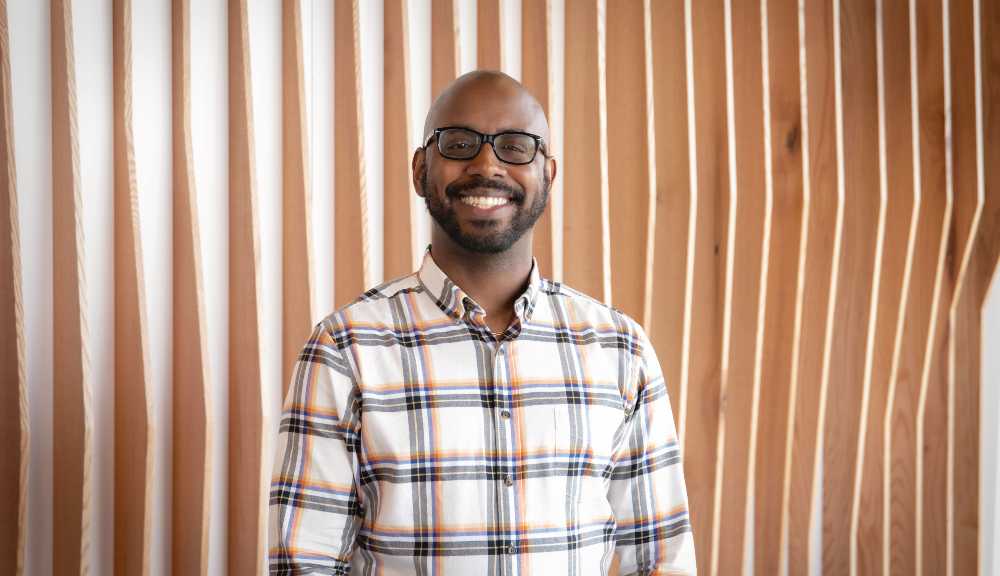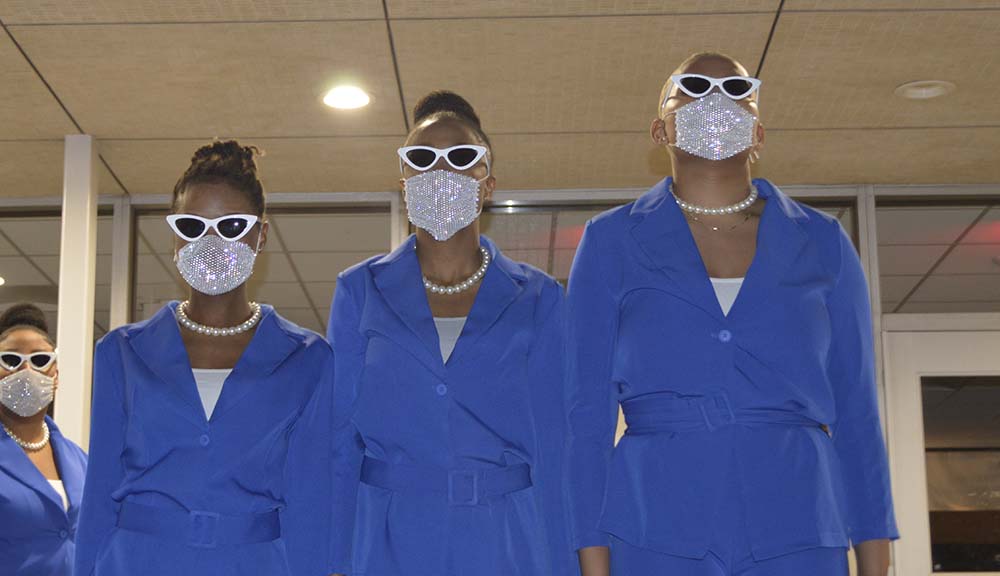Stephen Flavin, WPI’s vice president for academic and corporate engagement, has been elected to a three-year term as chairman of the board of the Massachusetts Alliance for Economic Development (MassEcon), a partnership that brings public and private interests together to promote economic growth and jobs in the Commonwealth.
Flavin has been a member of the university president’s senior leadership team since 2006. He has held his current position since 2009, driving economic development for WPI while leading Corporate and Professional Education, the Office of Corporate Engagement, the Biomanufacturing Education and Training Center, and the Career Development Center.
He frequently spreads the WPI message to executive groups and industry conferences and has been active with MassEcon since 2012, serving on the board before his chairmanship.
Flavin recently spoke with the Daily Herd about his new role with MassEcon.
What do you see as MassEcon’s mission? How does it work to fulfill that mission?
Its mission is to champion Massachusetts as the best place to start, grow, or locate a business. Our job is to create a supportive culture for businesses to enhance job growth and promote investment in communities throughout the commonwealth.
How has it worked over the years?
So much here is very attractive to business owners. Our job is to make sure that anyone interested in locating in Massachusetts can do so in a turnkey, seamless way. We’re an interesting organization. It’s a not-for-profit—not a quasi or private for-profit organization. It’s an organization that has a very strong partnership with all the players, both in state government and with the real estate development community.
How do you see your new role enhancing MassEcon’s mission?
I bring a perspective that has not been present in the MassEcon leadership, as someone who is in higher education. Oftentimes when companies are looking to grow, expand, and locate, talent is one of the top drivers—and I bring a perspective to MassEcon about how businesses need to work more efficiently and effectively with higher education in order to ensure that the talent is capable … readily available and accessible.
Do you anticipate any new initiatives or specific objectives?
I think it’s a bit too early to answer that question with much specificity. I’m hoping that in my tenure as chairman that I will put an emphasis more on higher ed representation in the membership. There are some members who represent higher ed, but it’s by no means pervasive or dominant. And I think bringing that perspective more fully to the membership would be a step in the right direction.
"The workforce is changing. The work is changing and being connected to these organizations and hearing their challenges and their needs is instrumental—I would say critical." -Stephen Flavin
What do you think your election as chairman says about you and the work you’re doing at WPI?
I have an interesting role at WPI—one that isn’t mirrored at a lot of colleges and universities. I’m charged with partnering with the academic enterprise to deliver programs that meet the needs of working professionals and have the Career Development Center in my portfolio. It’s a unique role—in other institutions you don’t see that portfolio in a single division.
How will your chairmanship impact WPI?
Well, I’m certainly going to be promoting WPI in venues and forums where we typically have not had a voice. Already, the nomination and election as has yielded great visibility to WPI. I’ve gotten a lot of feedback from alumni and business leaders saying, "Wow, this is fantastic. So happy to see WPI playing this role." So the most tangible way this is going to impact WPI is we’re going to be more visible and I’m going to be able to tell the WPI story to a lot more people.
Talk about how you’ve been getting the WPI message out to business and industry representatives.
What MassEcon does very, very well is quite a bit of audience-specific programming. In any given year there are probably somewhere on the order of 10 to 12 events, some bigger than others but all serving the goal of increasing economic development. WPI has been represented on the forum platform or in a sponsoring role. Needless to say, companies that hadn’t thought of WPI as a logical provider of a service or as an institution that was supporting a particular discipline now know that we are. We’re a statewide organization but many of the events are in Boston proper, and it gives us an opportunity to communicate with a lot more people who typically would not be hearing our message.
What do you tell these business officials about WPI?
I say that we’re all about theory and practice, that we produce some of the best prepared and qualified graduates that you can imagine—that they come out of WPI with incredible technical skills, but also with demonstrated problem-solving skills. I talk about our project-based curriculum and how we prepare our students to hit the ground running when they transition to the working world. I talk about how we are global, with more than 40 project centers around the world. I talk about our research capabilities and our growing research enterprise, and I talk about how we partner with industry in a very applied and impactful way.
Why is it important for the university to engage with these business leaders?
Because it’s about relevance. We’re actually in the conversation with business leaders about the needs and challenges they are facing, whether they be technical challenges or scientific challenges. What better way to ensure that we’re keeping pace, that our curriculum is keeping pace with the needs of industries, that our students are prepared properly to enter this workforce? The workforce is changing. The work is changing and being connected to these organizations and hearing their challenges and their needs is instrumental—I would say critical.
- By Thomas Coakley



